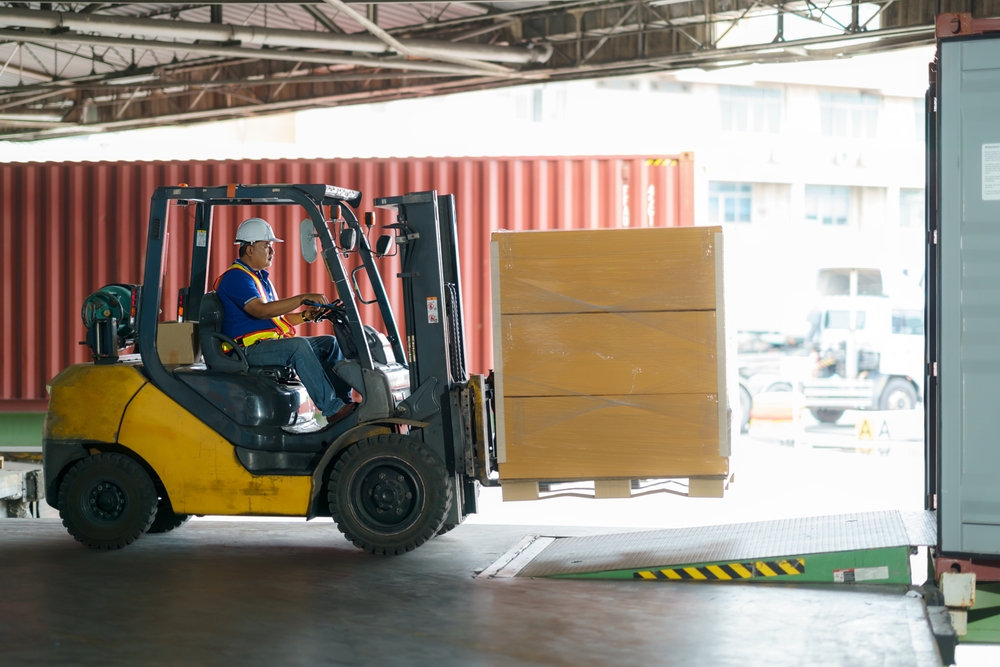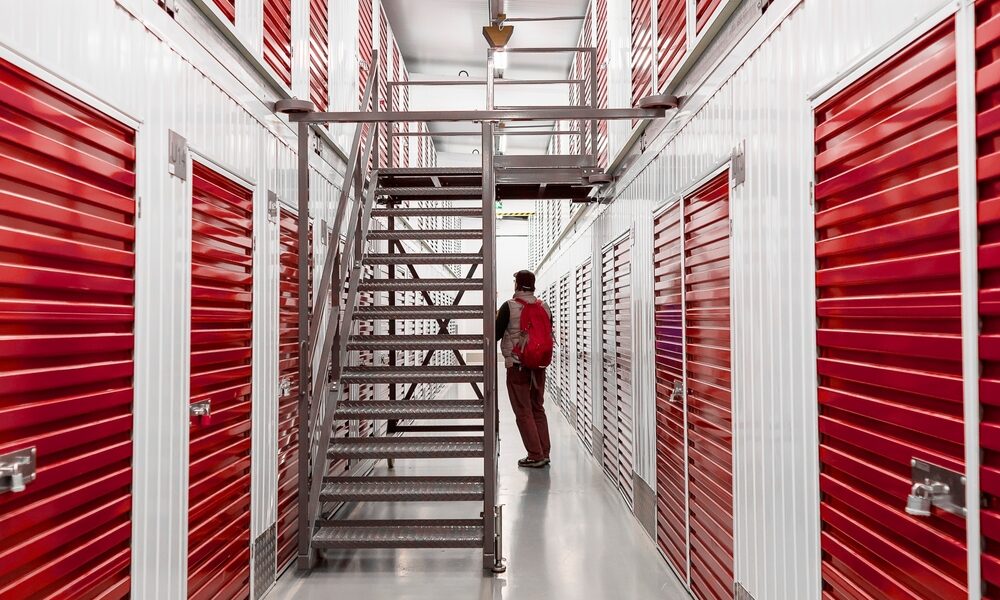Maximise Tax Savings: Seven Essential Strategies for Self Storage Businesses Before 30 June
With the end of the financial year upon us, it is imperative to take action to maximise tax savings for your self storage business.
To help keep more money in your pocket, here are seven essential strategies to consider:
1: Bad Debts
Consider writing off outstanding customer accounts that are unlikely to be collected, such as when customers have exited or their storage units contain worthless goods after lock removal. Treating these amounts as bad debts prevents you from paying taxes on money you may never recover.
2: Instant Asset Write-Off
Are there areas in your facility where additional mechanical equipment, such as a motorised sweeper, could streamline operations for your employees? Or perhaps you’ve been eyeing opportunities for market expansion, with the acquisition of a forklift, for example? While still awaiting Royal Assent, starting from 1 July 2023, businesses may have the opportunity to immediately claim tax deductions on eligible depreciating assets, both new and used, valued under $30,000 (per asset purchased). More on the instant asset write-off here.

3: Prepayment of Expenses
Boost your tax deductions and reduce your tax liability by prepaying expenses such as rent for leasehold facilities, payments to key suppliers, advertising, or subscriptions. Keep in mind that this strategy typically allows prepayment of up to 12 months of expenses and is applicable only for small business entities with turnovers under $10 million.
4: Repairs & Maintenance
Assess your self storage facility for any repairs or maintenance that may be needed. Addressing these issues before 30 June 2024 can qualify you for valuable tax deductions from broken items to faded directional signs. Ensure trades are scheduled to complete the necessary work or invoice you before the deadline.
5: Superannuation Contributions
Consider contributing to your superannuation based on your wealth planning and life stage. The annual tax-deductible contribution limit is $27,500, encompassing contributions from wages (SGC), salary sacrifice, and personal tax-deductible contributions.
Since 1 July 2018, individuals with total superannuation balances under $500,000 have been eligible for carry-forward or catch-up contributions. We regularly see new clients with unused tax-deductible superannuation contribution limits, often exceeding $100,000, which could result in substantial tax savings, particularly for those at the top marginal tax rate.
6: Stage Three Tax Cuts
With the decrease in tax payable as of next financial year due to the stage three tax cuts, it is to your benefit to bring any tax deductions forward to this financial year as you will get a more significant benefit. You can read more about the stage three tax cuts here.
7: Restructuring
Every year prior to 30 June, it’s crucial to assess whether your self storage business operates under the most beneficial structure for tax minimisation, asset protection, and succession planning. Businesses evolve, and so should their operational frameworks.
The specialist team at Sharp Accounting has deep experience navigating and overcoming the challenges self storage businesses face. We provide self-storage accounting services to businesses Australia-wide to develop and implement financial strategies that drive profits and protect your investment.
Ewen shares an update on the self storage industry’s trends over the past 12 months, including lower occupancy rates and increased revenue, as well as his predictions for the next year in this brief video.





